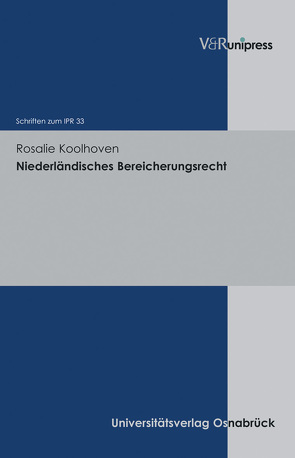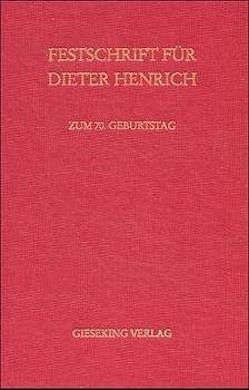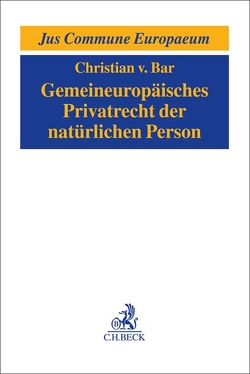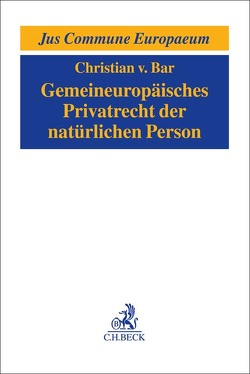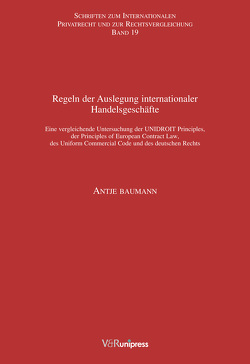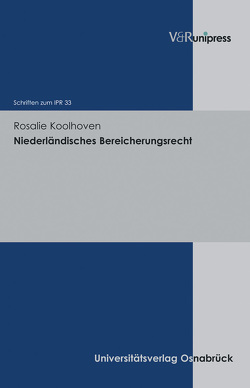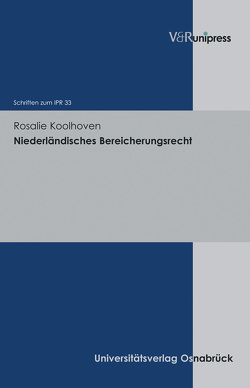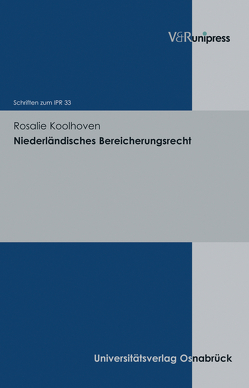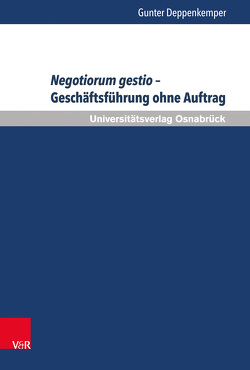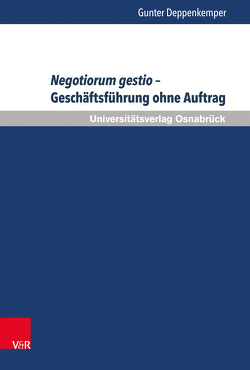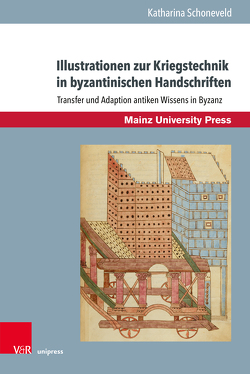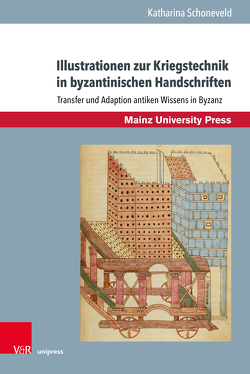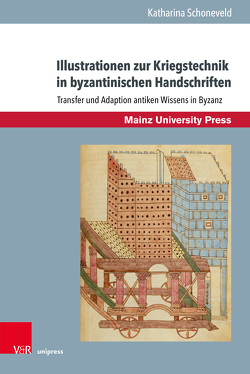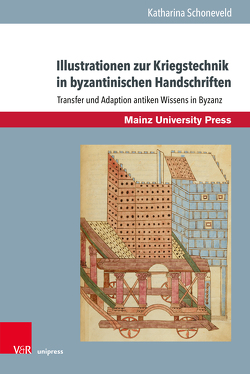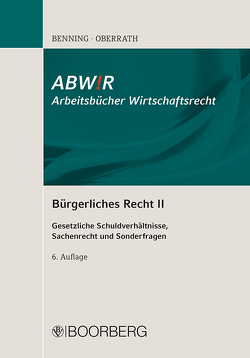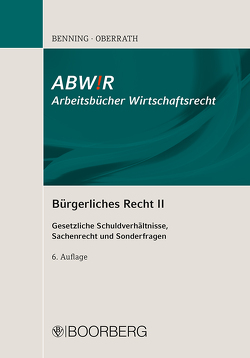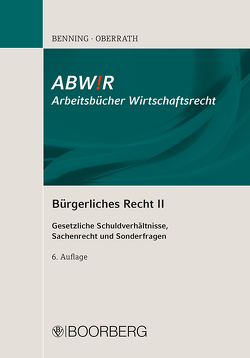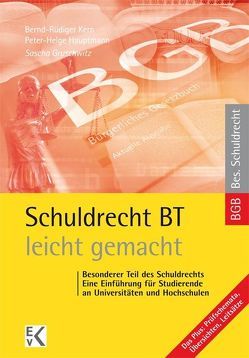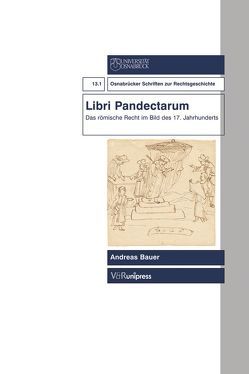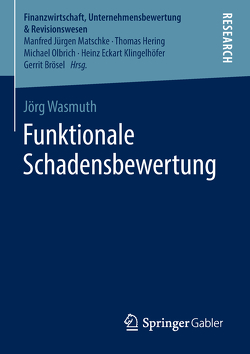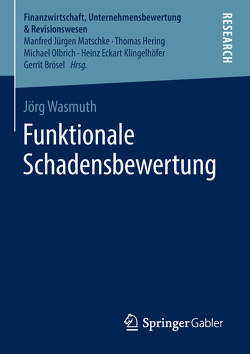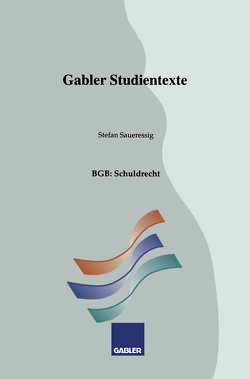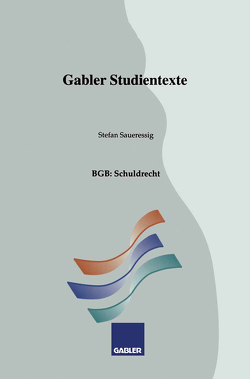Niederländisches Bereicherungsrecht
Christian von Bar, Rosalie Koolhoven, Hans Schulte-Nölke, Fryderyk Zoll
This work portraits the Dutch law of unjust enrichment established in article 6:212 Burgerlijk Wetboek (Dutch Civil Code) which leads to a compensation for damages on the side of the impoverished party. The open norm of article 6:212 BW turns the law of unjust enrichment into a quite indefinite part of the law of extracontractual liability which leads to difficulties in three-party-situations. One of the causes of the difficulties lies in its interference with the law of payment without cause (article 6:203 BW), which is said to be strictly separated from unjust enrichment law, since it has not compensation for damages as a goal, but restitution of what was received. To solve the problems arising in three-party-situations, the author describes not only the standard criteria that have to be met for an obligation to compensate for damages to occur (i.e. the impoverishment of one party, the enrichment of the other party, causality between these both criteria and a lack of justification therefor), but in addition searches for more distinctive definitions of these standard criteria. Since the last test, which the claim for compensation has to bear, is formulated by the indistinct concept of reasonability (redelijkheid), a more concrete definition of it is sought in the analysis of 200 cases and of the synallagmatic relationship with the other legal ground for damages and restitution, with the aim to find the bounds of liability under article 6:212 BW.
